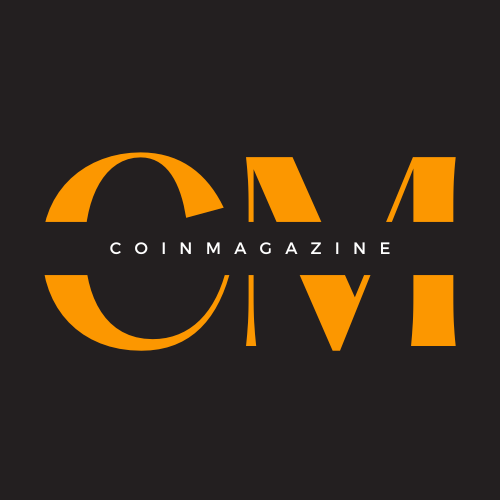PayPal, a global leader in digital payments and financial services, is making significant strides into the world of nonfungible tokens (NFTs) and blockchain technology. The company recently filed a patent application that outlines an extensive NFT purchase and transfer system. This move reflects PayPal's recognition of the growing importance of NFTs and blockchain in the financial and digital asset sectors.
The Patent Application
PayPal's patent application, submitted in March and published in September, offers a glimpse into their vision for a comprehensive NFT ecosystem. The proposed platform is designed to facilitate the buying and selling of NFTs through a third-party service provider, with Ethereum mentioned as a potential blockchain platform. What sets this system apart is its ambition to go beyond traditional NFT use cases, such as digital collectibles.
Diverse Asset Tokenization
The patent application envisions a broad spectrum of assets that can be tokenized on this platform. These include digital assets like images, videos, music, and collectibles, but the scope extends further to encompass real-world items. For instance, users could tokenize deeds to personal property, event tickets, legal documents, and various other tangible and intangible assets. This approach seeks to bridge the gap between the digital and physical worlds.
Fractionalized Purchases and Governance Tokens
One of the notable features of the proposed system is its ability to facilitate fractionalized purchases through the distribution of governance tokens. This means that users can collectively own and manage NFTs, enhancing accessibility and affordability. These governance tokens can also be traded, creating a secondary market within the platform.
Decentralized Autonomous Organizations (DAOs)
To boost NFT liquidity and engagement, the patent application suggests the involvement of decentralized autonomous organizations (DAOs) associated with the service provider. These DAOs could establish dedicated platforms within the ecosystem, fostering a community-driven approach to NFT management.
Royalties and Income Generation
NFT creators and owners can derive income from their assets through the proposed system. This would be achieved by incorporating royalty mechanisms, enabling creators to receive a share of the proceeds when their NFTs are sold or traded. This feature can incentivize content creation and maintain a thriving NFT marketplace.
Flexible Currency Usage
Users of the system would have the flexibility to transact with various currencies, as the patent application suggests. This could include both traditional fiat currencies and cryptocurrencies. Notably, PayPal introduced its own stablecoin, PayPal USD, built on the Ethereum blockchain, in August.
Potential Implications
PayPal's patent application signifies its intent to become a prominent player in the NFT and blockchain space. If realized, this system could simplify NFT trading across a multitude of asset types, ranging from digital media to real-world items. It underscores the growing significance of blockchain technology and NFTs in the financial sector and beyond.
Conclusion
While the patent application showcases PayPal's ambition in the blockchain and NFT arena, it's essential to recognize that the mere filing of a patent does not guarantee the eventual development or deployment of the described technology. Numerous factors, including regulatory considerations and market demand, will play a crucial role in determining the path forward for PayPal's NFT ecosystem. Nonetheless, this move highlights the company's commitment to innovation in the digital asset space.

.png)



